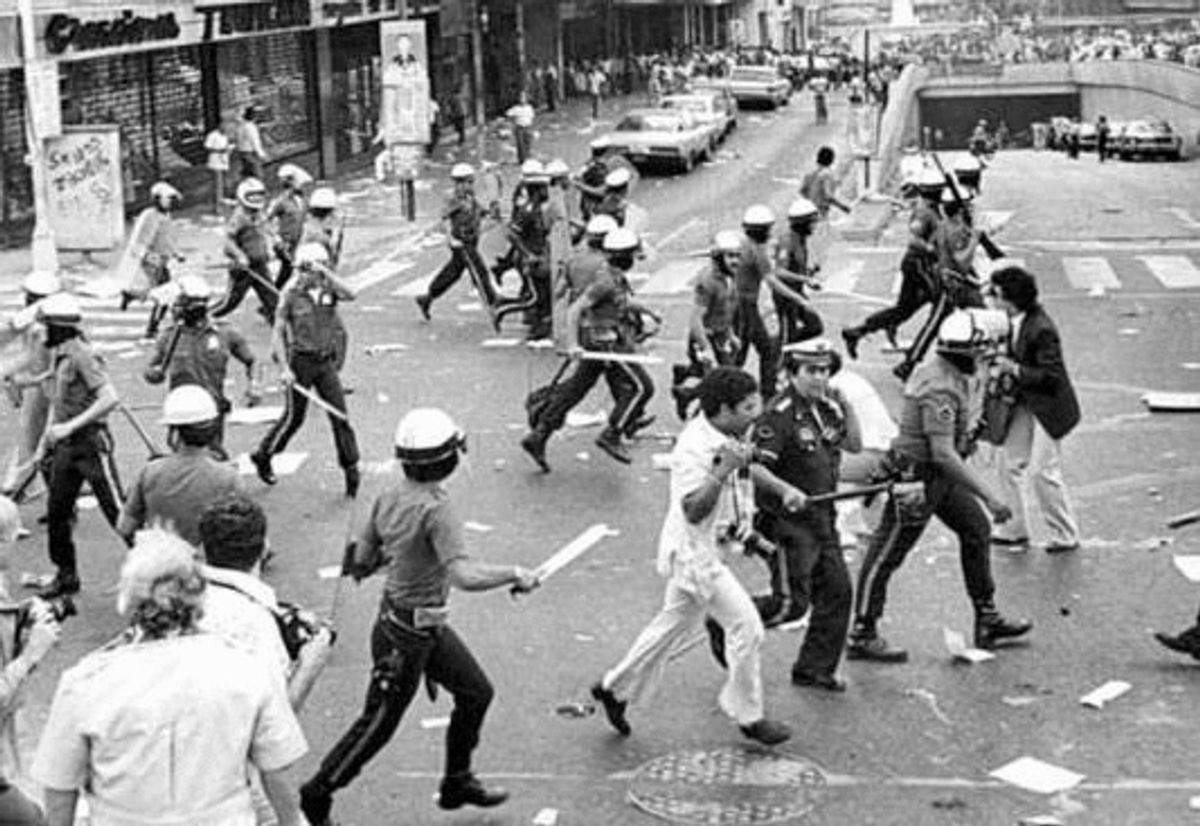Juan Guaidó, the Venezuelan opposition leader whom most Western countries now recognize as president, says he's coming home.
Last week he defied a court order by crossing into Colombia to lead an ultimately failed attempt to bring humanitarian aid into Venezuela. Yesterday, he flew from Bogotá to Brasilia to see Brazil's President Jair Bolsonaro.
But his imminent return to Venezuela sets up the next big showdown with President Nicolas Maduro, who still controls the government and armed forces. The stakes are high for both men.
Guaidó knows that once he's in Venezuela he could be arrested. And he also knows that after the aid failed to reach his followers, he'll have to show them he still has good ideas than can ease Venezuela's suffering and end the political crisis.
Maduro, for his part, knows that imprisoning Guaidó or refusing him entry into Venezuela could provoke the opposition as well as Guaidó's foreign supporters.
Either way, we're keeping a close eye on the arrivals hall at Simón Bolívar International Airport.
Historical Perspective: When Caracas shook
We close this whirlwind week with some relevant Venezuelan history.
This week marks thirty years since the so-called Caracazo (pictured above) – an outburst of violent protests and repression that rocked the Venezuelan capital after a cash-strapped government tried to impose unpopular economic reforms on a frustrated public. In the anger and bitter polarization that followed, a charismatic young army officer named Hugo Chávez saw an opportunity to turn popular anger into a political force. Ten years later, he would be president.
As a Spanish-speaking Shakespeare might say: "La rueda ha dado la vuelta…"






